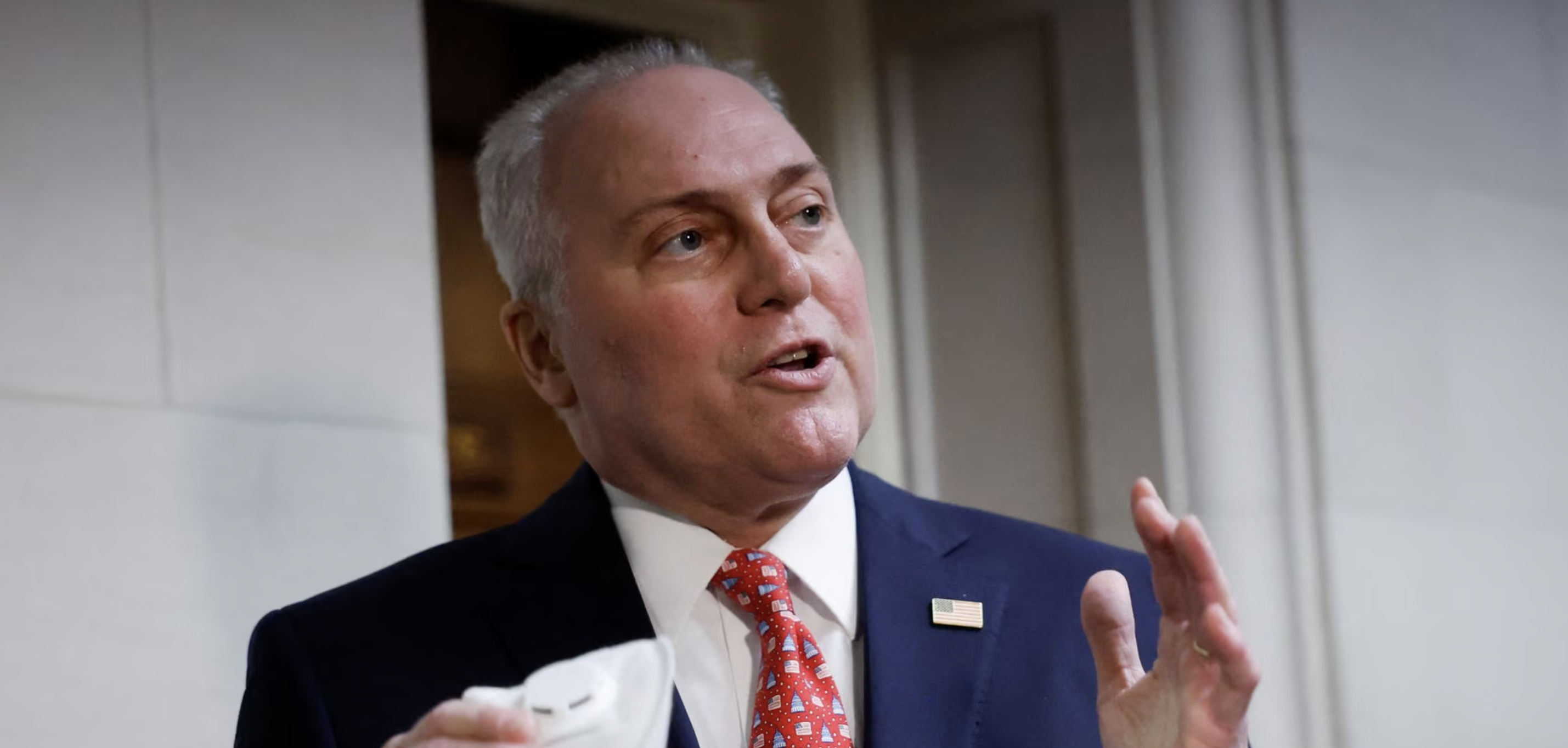Republicans who control the U.S. House of Representatives on Wednesday nominated Steve Scalise to serve as speaker following last week’s ouster of Kevin McCarthy, lawmakers said.
Scalise, who is currently No. 2 on the Republican leadership ladder, must still win approval from the full House before he can claim the speaker’s gavel. Republicans control the chamber by a narrow 221-212 majority.
Republicans picked Scalise over House Judiciary Committee chair Jim Jordan in a secret ballot vote behind closed doors. Scalise, 58, has drawn the support of many veteran and establishment Republican lawmakers.
It remains to be seen whether Jordan’s backers will support Scalise when his nomination comes up for a vote in the full House. McCarthy in January had to endure 15 rounds of voting before clinching the speakership.
Republican lawmakers rejected a proposal to require that the nominee secure 217 votes out of the 221-member caucus. That proposal was intended to ensure that the nominee could succeed on the House floor if the chamber’s 212 Democrats united in opposition as expected.
Republicans say they need to quickly resolve a leadership vacuum that has prevented the House from addressing the war in Israel, approving more aid to Ukraine and passing spending bills before current funding runs out on Nov. 17.
“It’s really, really important that this Congress get back to work,” Scalise said.
Scalise and Jordan told Republicans at a closed-door forum on Tuesday night that they would each back the candidate chosen as nominee.
It took only eight Republicans to oust McCarthy last week, a fact that could make leading the caucus a challenge for any new speaker.
While McCarthy was the first speaker in U.S. history to be removed in a formal vote, the last two Republicans to hold the job wound up leaving under pressure from party hardliners.
Americans have little confidence in Congress’ ability to overcome its partisan differences – and the Republican infighting that led to McCarthy’s historic ouster on Oct. 3. Some 64% of respondents to a Reuters/Ipsos poll last week said they did not believe Washington politicians could put aside partisan disagreements for the good of the nation.
Reporting by David Morgan, additional reporting by Moira Warburton and Richard Cowan, writing by Andy Sullivan; Editing by Scott Malone, Deepa Babington and Howard Goller








